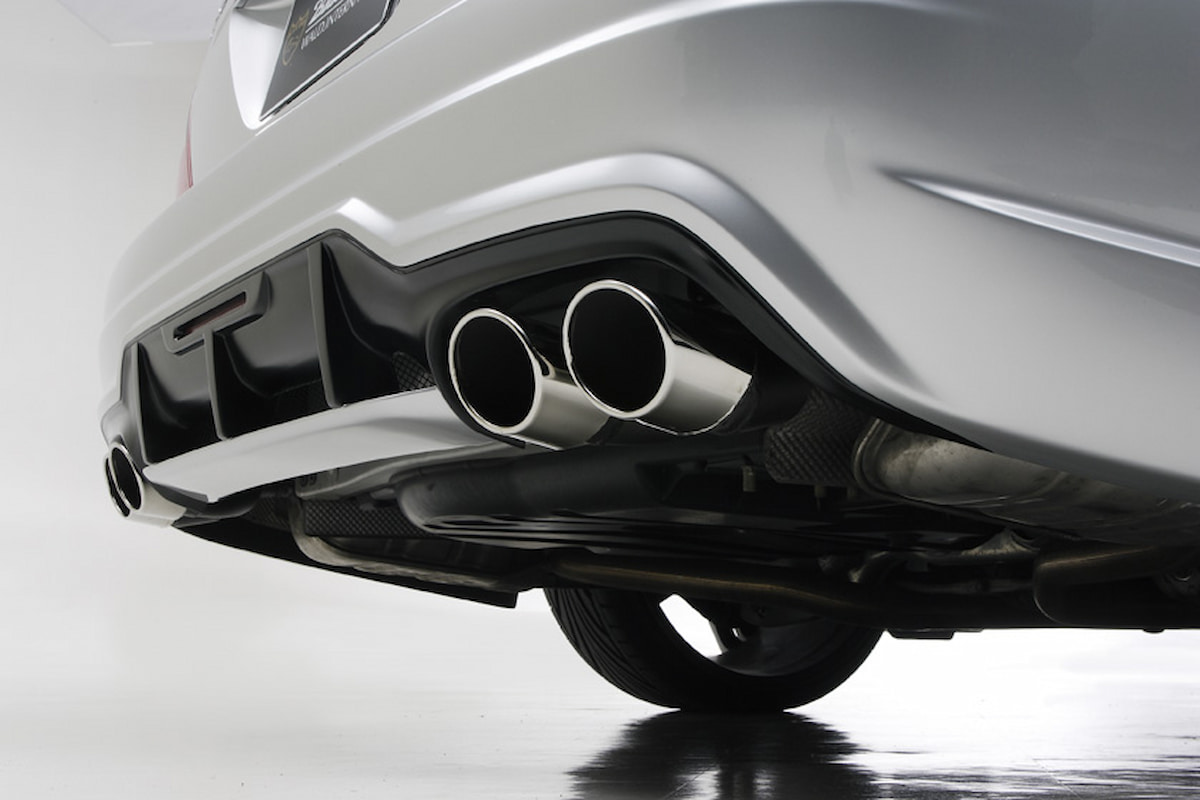Installing aftermarket custom stainless steel exhaust systems is a common upgrade among automotive enthusiasts since it may improve a car’s appearance, performance, & sound. To guarantee that aftermarket exhaust systems adhere to safety norms, noise and emissions norms.
Other criteria, particular regulations and legislation are in place in the UK and many other countries. A review of the UK’s legal requirements regarding aftermarket exhaust systems is given in this guide.
Rules Governing Vehicle Noise
The possibility that aftermarket exhaust systems may make a car noisier is the main worry about them. An overabundance of noise may have negative effects on the general population as well as disturb residential areas’ tranquility.
The UK has implemented stringent laws controlling car noise levels to combat this. The Road Vehicles (Construction and Use) Regulations of 1986 contain an outline of these rules.
Key things to remember:
- These rules prohibit cars from making noises which are noticeably louder than what they could produce with a stock exhaust system.
- The maximum amount of vehicle noise that is permitted by law at certain speeds is expressed in decibels (dB).
- It is prohibited to utilize an aftermarket exhaust system on a vehicle if it makes the noise levels higher than this.
- Vehicles found to have been in breach of noise rules may be seized by police and fined.
Identical Exhaust Systems
Exhaust systems that have been homologated, or type-approved, in the UK must adhere to strict requirements and have passed testing to guarantee their operation does not cause noise pollution or violate emissions restrictions.
An approval mark, seen on homologated exhaust structures, certifies their compliance with the relevant laws. Since homologated exhaust systems are made to comply with noise and emissions regulations, installing one usually doesn’t result in legal problems. It’s crucial to remember that not every aftermarket exhaust system is approved. Employing an exhaust system that is not homologated may result in legal issues if noise levels are above permitted limitations.
Vehicle Approval By Individual (IVA)
If you plan to perform substantial changes to your car, such as installing aftermarket exhaust systems that are not homologated, you might have to go through the Individual Vehicle Approval (IVA) procedure.
Ensuring that the altered vehicle conforms with all applicable standards, particularly noise levels, is contingent upon the completion of this procedure. The Driver and Vehicle Standards Agency (DVSA) is in charge of it.
Key things to remember:
- Your modified vehicle’s noise levels are one of the many variables that are evaluated throughout the IVA procedure.
- A modified vehicle’s failure to get IVA may result in fines along with additional legal ramifications.
- To guarantee compliance, it is recommended to obtain guidance from professionals as the process may prove difficult.
Local Ordinances
Local authorities in the UK have the authority to adopt by laws or issue noise abatement measures in addition to national restrictions to address noise annoyances such as those generated by vehicles equipped with aftermarket exhaust systems. They could involve the hours at which limitations are in place and particular noise thresholds. Penalties, including fines, may be imposed for breaking local ordinances.
Mot Examinations
Your car’s exhaust system is examined throughout the yearly Ministry of Transport (MOT) examination to make sure it is safe, secure, and not leaking exhaust gasses. Should your exhaust system be found to be hazardous, you will have to replace or repair it. Furthermore, your car can’t pass its MOT if the sound level from your exhaust system is higher than what is allowed throughout the test.

Penalties And Enforcement
Law enforcement authorities are largely responsible for enforcing restrictions regarding vehicle noise in the United Kingdom. To measure noise levels, police officers can halt cars and conduct roadside inspections. If it is discovered that the exhaust on your car is too noisy, you might be hit with a fixed penalty notice or even prosecuted.
The following are possible sanctions for breaking noise ordinances:
- Fixed fines and penalty notifications.
- Theft of a car.
- Points accrued to your driving record.
- Prosecution that could result in jail time, fines, or loss of driving privileges.
It’s critical to realize that the seriousness of the infraction and the policies of the municipality in question might affect the fines for breaking noise rules.
In Summary
Understanding the rules and restrictions about noise emissions and car changes is crucial when thinking about aftermarket exhaust systems for your car in the UK. To prevent fines, penalties, and possible vehicle seizures, adhering to these requirements is essential. You may profit from an aftermarket exhaust system without breaking regulations if you modify it responsibly, follow homologated systems, and keep up with local restrictions.











